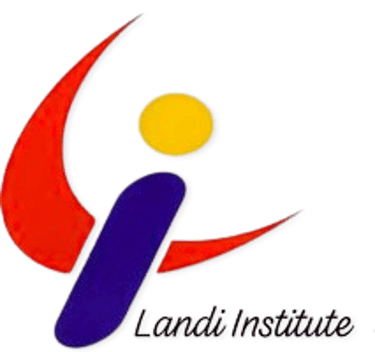Essential Strategies for Becoming an Effective HR Professional
As organizations evolve in today’s fast-paced business environment, the role of Human Resources (HR) has become increasingly pivotal. The HR department is the backbone of any successful organization, responsible for managing employee relationships, organizational culture, recruitment, and compliance with labor laws. To be a good HR professional, one must not only understand the tactical functions but also the strategic implications of these responsibilities on the overall business direction.
BLOG
4/9/20251 min read


Understanding the Role of HR in a Company
As organizations evolve in today’s fast-paced business environment, the role of Human Resources (HR) has become increasingly pivotal. The HR department is the backbone of any successful organization, responsible for managing employee relationships, organizational culture, recruitment, and compliance with labor laws. To be a good HR professional, one must not only understand the tactical functions but also the strategic implications of these responsibilities on the overall business direction.
Fostering Employee Engagement and Satisfaction
One of the primary objectives of an effective HR professional is to foster a culture of engagement and satisfaction among employees. This can be achieved through transparent communication, recognition programs, and opportunities for professional development. By creating a supportive environment, HR can improve retention rates and enhance productivity. Regular surveys can help assess employee satisfaction and identify areas in need of improvement, ensuring that every voice is heard and valued.
Building and Sustaining a Positive Company Culture
A good HR professional understands that company culture is not merely a buzzword; it significantly impacts employee morale and performance. To cultivate a positive culture, HR should align company values with employee expectations. Additionally, fostering diversity and inclusion should be at the forefront of any HR strategy. Implementing training programs that promote these values can aid in building a more cohesive workforce. Regular workshops and team-building activities can also reinforce a culture of collaboration and inclusivity.
To be a good HR professional, continuous learning is essential. Keeping abreast of the latest HR technologies and compliance regulations can significantly enhance the efficiency of HR processes. Networking with other HR professionals can provide valuable insights into best practices and innovative solutions. Ultimately, those who embrace change and seek improvement will excel in their roles, providing critical support to their organizations and contributing to continued success.
